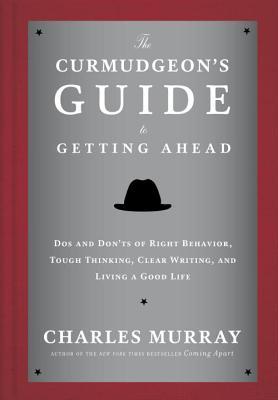 Perhaps the most memorable comment from a 2006 academic discussion at Duke University sponsored by the John Locke Foundation came — no surprise here — from Mike Munger, who explained why liberal students often get a raw deal from their professors.
Perhaps the most memorable comment from a 2006 academic discussion at Duke University sponsored by the John Locke Foundation came — no surprise here — from Mike Munger, who explained why liberal students often get a raw deal from their professors.
The solution is not to hire more people on the Right. The solution is to take politics out of the classroom, to develop a norm of pedagogy that says I challenge students to try to get them to think. So to me the problem is I think students on the Left ought to sue for breach of contract because they’re getting patted on the head and told, “Good liberal. Here’s a biscuit.” … They’re not playing against the first team. … The universities have an obligation to make sure students are challenged by people who are really good at challenging any argument. And a good professor on the Left or Right should be able to do that.
Munger’s comments came to mind as this reader encountered one of the best recommendations from Charles Murray‘s The Curmudgeon’s Guide to Getting Ahead. Aimed at 20-somethings at the outset of their professional careers, Murray’s book offers helpful ideas for improving behavior, thinking, writing, and living a good life. Among the key points: “Learn to love rigor.”
If your major in college was anything except one of the hard sciences, you may not have experienced much demand to be rigorous up to this point in your life. How many of your teachers not only demanded that you write papers instead of taking multiple-choice tests, but handed back those papers with every error in syntax, usage, and spelling marked in red, and every error in logic pointed out? How often during class discussions have you been criticized for a sloppy argument, even though your conclusion may have been correct? Has any teacher ever drilled you on the major fallacies? Has any teacher ever drilled you on the principles of rhetoric? If you’ve had such experiences and remember them fondly, you’re already susceptible to the delights of rigor — but such experiences are far too rare in today’s universities.
Murray suggests that those who have not had that type of encounter with rigor will “have to acquire a mind-set”: getting all information that’s possible to find to address a problem, replicating calculations for an entire analysis before handing in results, and exploring all possible options for addressing an issue.
As you start to reach conclusions about a problem, you’ve got to want to figure out why you might be wrong.
Note that I did not just say that you should do certain things, but that you must want to do them. That’s what being in love with rigor means. It is at the heart of thinking well, and of the satisfactions you will take from your accomplishments.


